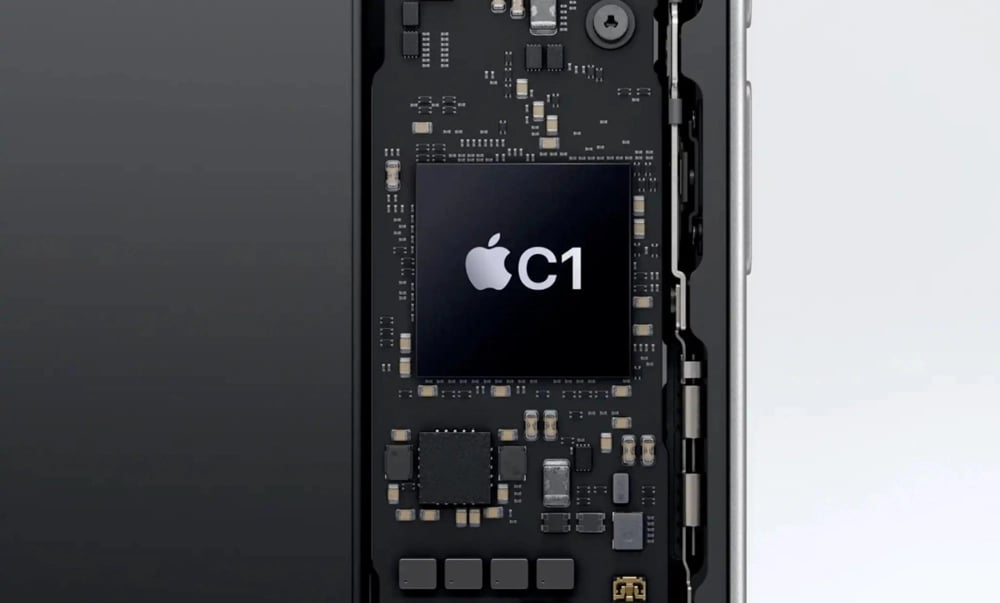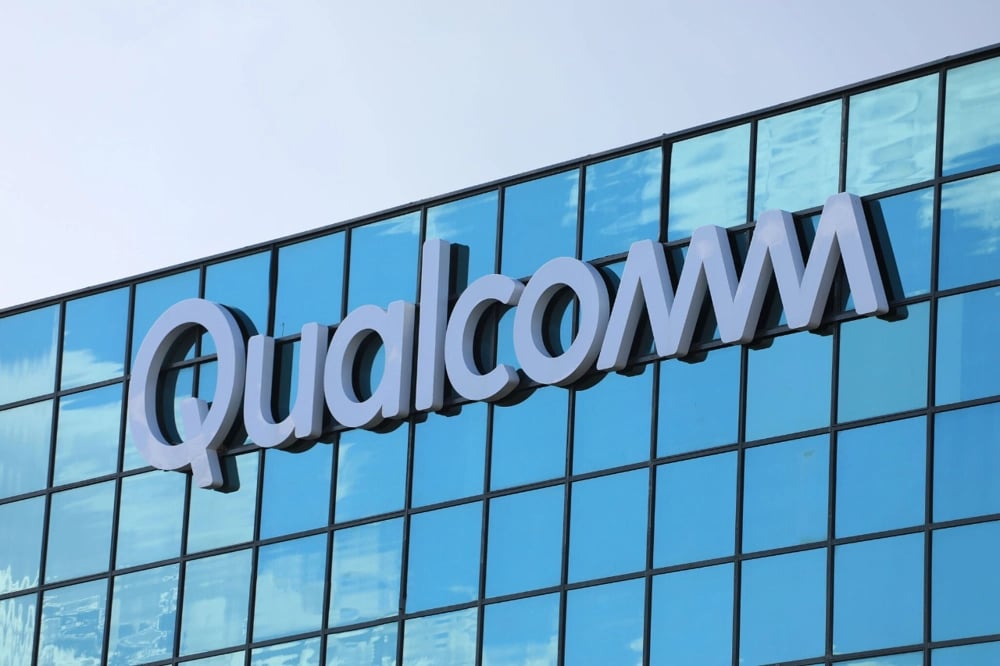Qualcomm’s Modem Leadership Challenged by Apple’s In-House Initiative Results from Urban 5G Performance Comparison
The modem chip market is witnessing intensified competition as Apple accelerates its pursuit of domestic alternatives to long-standing industry leader Qualcomm. Recent findings commissioned by Qualcomm reveal the persistent performance edge held by its modem technology, particularly in complex metropolitan environments.
Urban Network Stress Test A Closer Look
A Cellular Insights Inc. study, conducted on behalf of Qualcomm and accessed by Bloomberg, analyzed real-world data speeds in New York City’s 5G T-Mobile $TMUS network. The research benchmarked the iPhone 16e, the inaugural Apple device featuring the proprietary C1 modem, against several Android smartphones equipped with Qualcomm radio components. In high-density areas notorious for signal congestion, devices built on Qualcomm platforms consistently exhibited faster 5G download performance.

Apple’s Strategic Pivot and Its Immediate Outcomes
For Apple, the C1 modem represents both technical ambition and strategic necessity, aiming to curtail reliance on external suppliers and reinforce supply chain independence. After years of intensive development, the debut of Apple’s own connectivity hardware signals a pronounced shift toward vertical integration. However, initial performance gaps highlight the formidable challenge posed by incumbent technology specialists.
Key Observations on 5G Modem Dynamics
Qualcomm-based Android smartphones delivered higher 5G data throughput than the Apple C1-equipped iPhone 16e when tested on T-Mobile’s network in New York.
Differences in download speeds become more pronounced in dense urban environments, where network interference is amplified.
Qualcomm leverages decades of experience in cellular radio optimization, translating to robust real-world results under demanding conditions.
Apple’s drive for hardware self-sufficiency marks a major transition in its product strategy but currently involves performance trade-offs in 5G connectivity.
Efficient modem integration remains a critical variable for premium smartphone competitiveness as 5G coverage expands globally.

Broader Context and Market Ramifications
The capacity to maintain optimal network performance amid high user density remains essential for modern smartphones. Qualcomm’s expertise provides tangible advantages in urban infrastructure, while Apple’s investment in silicon self-reliance reflects broader industry trends toward de-risking supply chains. The ongoing evolution of modem technology will shape corporate positioning, user experience standards, and the competitive dynamics between $AAPL and $QCOM, especially as the global telecommunications ecosystem becomes more demanding.















Comments
Apple is stirring up the market, yet Qualcomm's urban performance still hits the high notes.
Apple’s domestic push is shaking up the modem scene, even as Qualcomm’s performance still stands out.